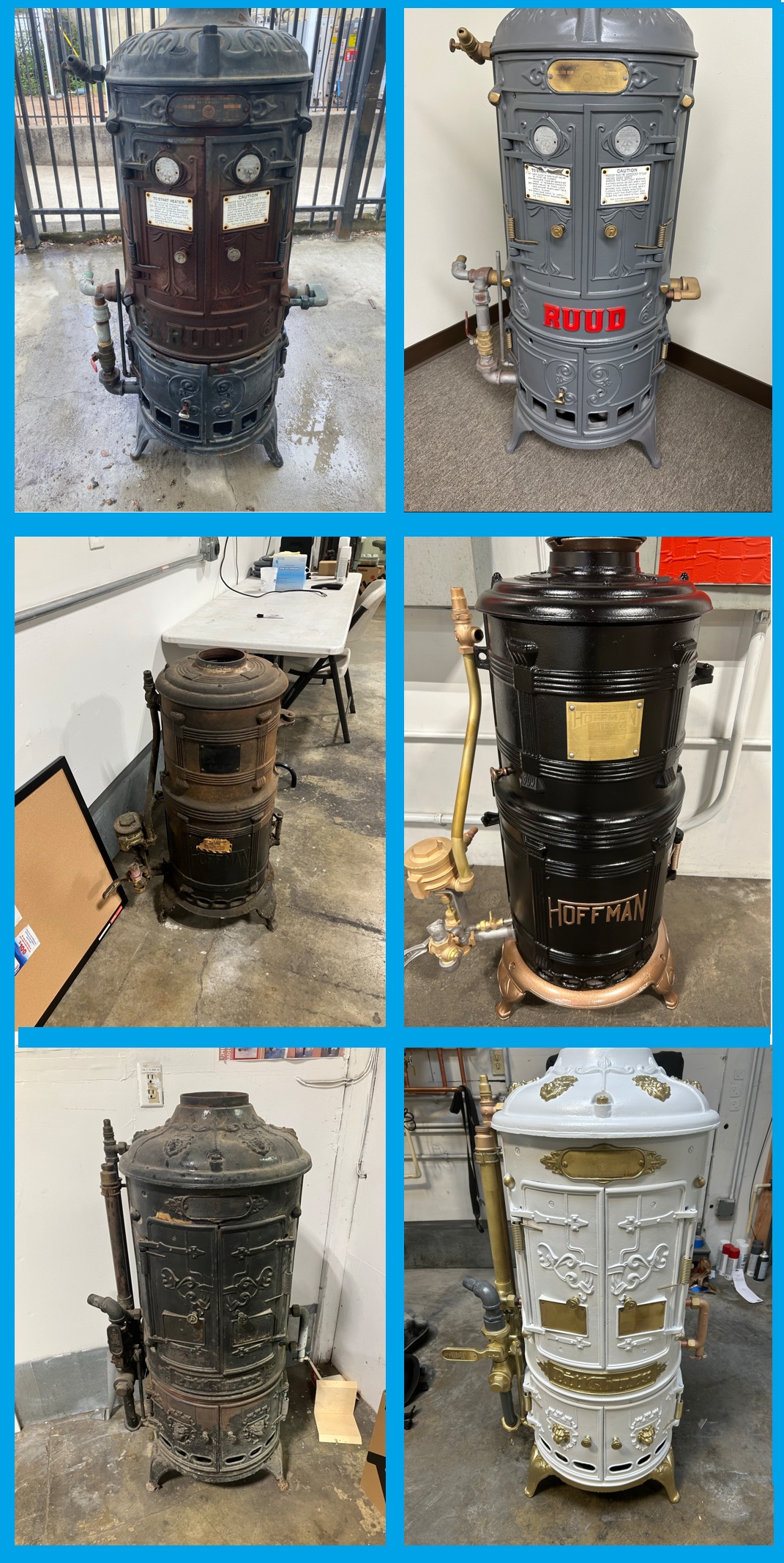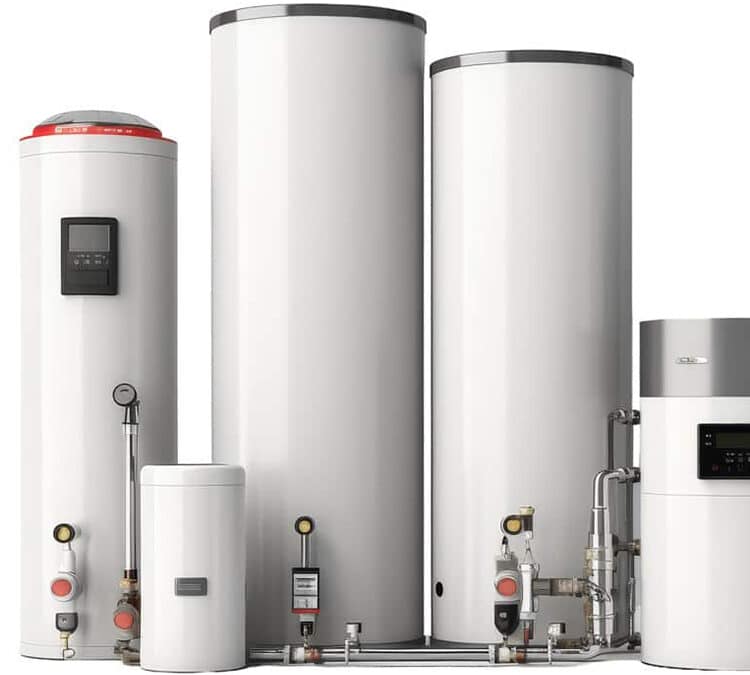While storage tank water heaters are the most common type used, homeowners are increasingly switching to on-demand or tankless electric water heaters. Instead of holding water in reserve, these heaters produce hot water only when you turn on the faucet, start the dishwasher, or otherwise use something calling for hot water.
According to the Department of Energy, electric tankless heaters save an average of $44 per year in energy costs over their traditional counterparts. While this sounds good, there are other things you should consider before you decide to make the switch to a tankless system.
How Tankless Electric Water Heaters Work
Tankless water heaters heat your home’s water directly when there is a demand from a faucet or other appliance. Instead of pulling water from a storage tank, an electric element will heat the water and deliver a constant supply. However, the tankless heater’s output will limit your flow rate.
A typical tankless water heater provides hot water at a rate of 2-5 gallons per minute. Electric tankless water heaters provide hot water at lower flow rates than gas-fired ones. Because electric units can place a demand on your home’s electrical system, these are an option for point of use, but whole house systems are also available.
The Pros and Cons of Tankless Water Heaters
If you’re considering an electric tankless water heater, these can provide you with significant savings on your annual energy bills. Tankless systems also save you space due to their compact designs. If you’re concerned about the environment, this is a wise choice, because a large rusty tank won’t eventually end up in a landfill.
Another benefit to these systems is that they generally have longer warranties. Tank-type systems often have a six-year warranty, and the average warranty for a tankless system is 15 years. If your unit does have an issue, you won’t find your floor flooded as you might with a traditional water heater.
On the downside, an electric tankless water heater is more expensive than a traditional system. This is generally offset by the fact that this type of heater has a longer life expectancy than a tank-like system, but you’ll need to consider any electrical upgrades required to your home in the cost.
Choosing the Right Tankless Water Tank
If you decided you want a tankless water heater in your home, the last thing you want to do is undersize your system. These units are rated based on the maximum possible temperature rise at a given flow rate. This is the process we’ll use to help you select the right size water heater:
- Find the number of devices you want to operate simultaneously and their flow rate (gallons per minute). For example, your total flow rate comes to 3.5 gallons per minute (you’d generally round up to 4.0 gpm).
- Determine your required temperature rise. You can assume your incoming water temperature is 50°F unless you know otherwise. If you need water heated to around 110°F, your required temperature rise is 55°F.
- With electric units, the primary concern is the load they’ll place on your home’s existing electrical system. In some cases, you may need to do upgrades to accommodate your new system.
If you need a new water heater, [Name] is a certified installer of several quality tankless electric water heater systems. We can explain the benefits of each system as well as provide you with an estimate for purchase and installation. Contact us today at [Number] for more information or to schedule an appointment.



